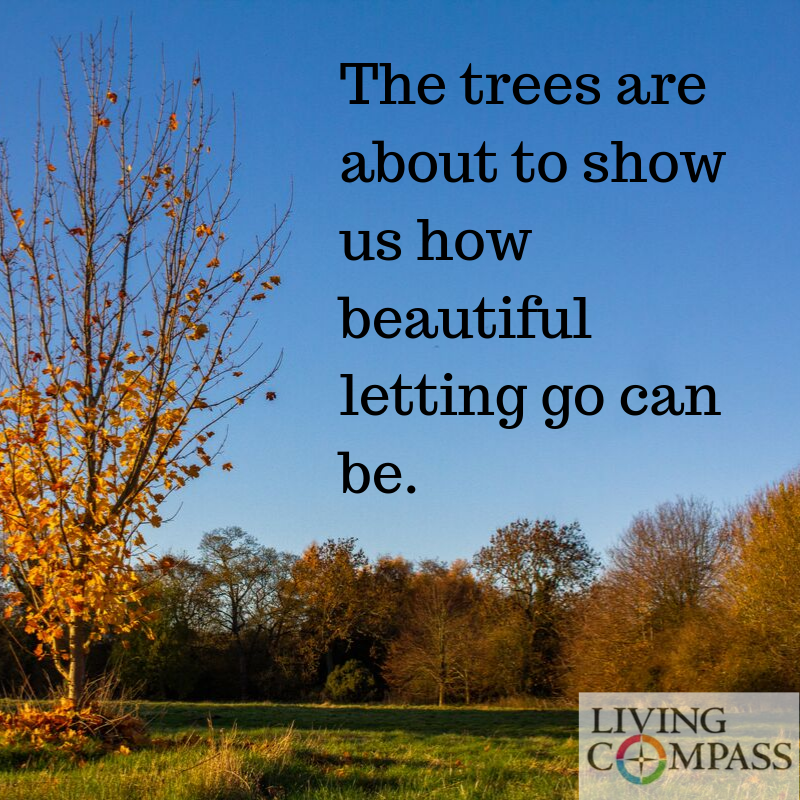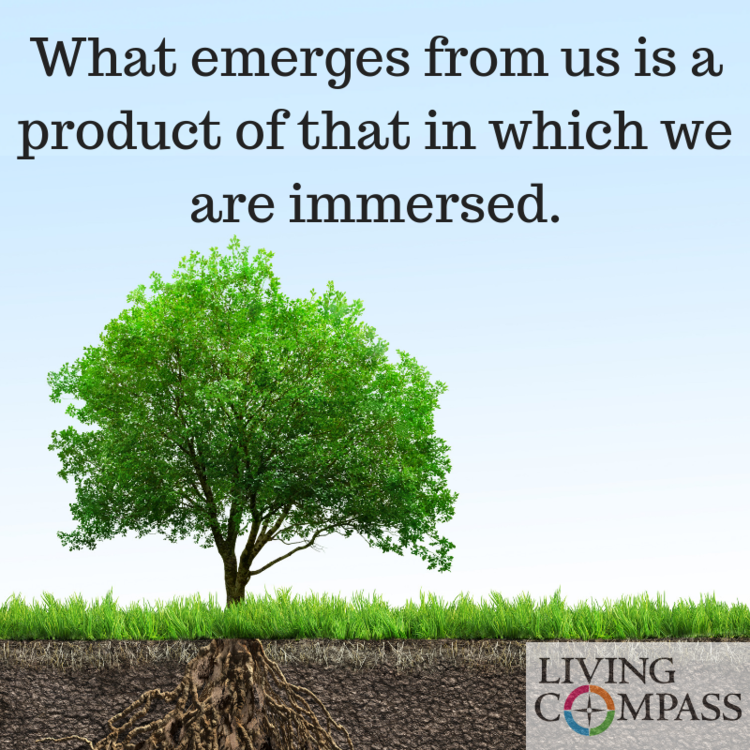Speaking Love Without Saying a Word
Throughout the world this past week, churches held special services for the blessing of animals. People young and old brought their pets to the service to have them prayed over and blessed. When I have had the honor to help at these services, I have blessed beloved dogs, cats, hamsters, guinea pigs, birds, fish, and even a few stuffed animals that children lovingly brought with them to church. I have friends who have blessed horses, cows, goats, rats, and snakes!
The reason these services were happening this week is because it the time of year that churches remember is the Francis of Assisi, otherwise known as St. Francis, who died on October 3, 1226. Francis was well known for his love of nature and of animals, and he regularly preached about the importance of learning to be good stewards of all of God's creation. One saying attributed to Francis appears in the quote box above: “Preach the Gospel always. When necessary, use words.” This saying seems perfect for a pet celebration because of the ways our pets embody love without ever saying a word.
One of the things I loved most about blessing peoples' pets, was that when they introduced me to their pets and told me a little bit about their special animals, it provided a window into their souls. Pets have a way of touching our souls and bringing out the very best in us, and so it only seems right to have a service for blessing pets. A gathering of pets and their human families for a special celebration is simply a way to celebrate the way in which pets enrich our lives every day.
Our pets give back to us in so many ways. Author Matthew Fox wrote how his dog was his spiritual director and that he had learned many valuable lessons about how to live well from his dog. In that spirit, I conclude this week's column with a list of 20 things we can learn from a dog.
Twenty Things I Learned From My Dog
Never pass up the opportunity to go for a joyride.
Allow the experience of fresh air and wind in your face to be pure ecstasy.
When loved ones come home, always run to greet them.
When it's in your best interest, practice obedience.
Let others know when they have invaded your territory.
Take naps and stretch before rising.
Run, romp, and play daily.
Eat with gusto and enthusiasm.
Be loyal.
Never pretend to be something you are not.
If what you want lies buried, dig until you find it.
When someone is having a bad day, be silent, sit close and nuzzle them gently.
Thrive on attention and let people touch you.
Avoid biting when a simple growl will do.
On hot days, drink lots of water and lay under a shade tree.
When you're happy, dance around and wag your entire body.
No matter how often you are scolded, don't buy into the guilt thing and pout, . . . . run right back and make friends.
Bond with your pack.
Delight in the simple joy of a long walk.
Long after you are gone, remain a memory in people’s dreams.
Even if we do not currently own a pet, or did not attend a special pet service this week, we can all take some time to notice the animals around us and be grateful for their innumerable blessings.
Subscribe Now to Weekly Words of Wellness:
Click the button below to signup for the e-mail version of Weekly Words of Wellness. This weekly article can be shared with your community electronically and/or used for group discussion.
You can unsubscribe at any time.




